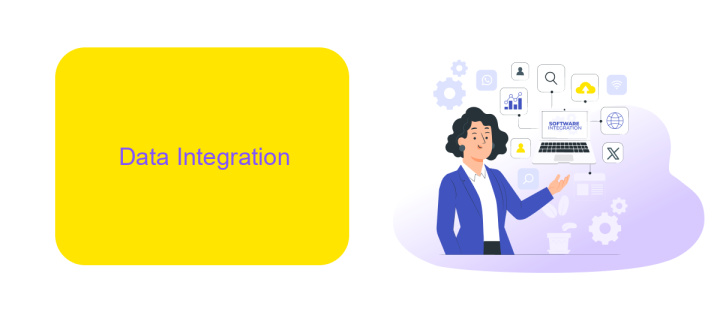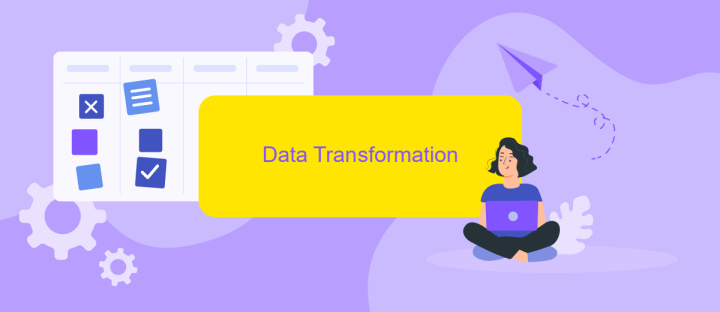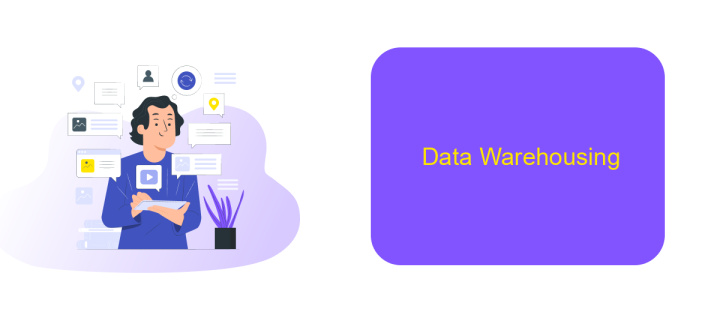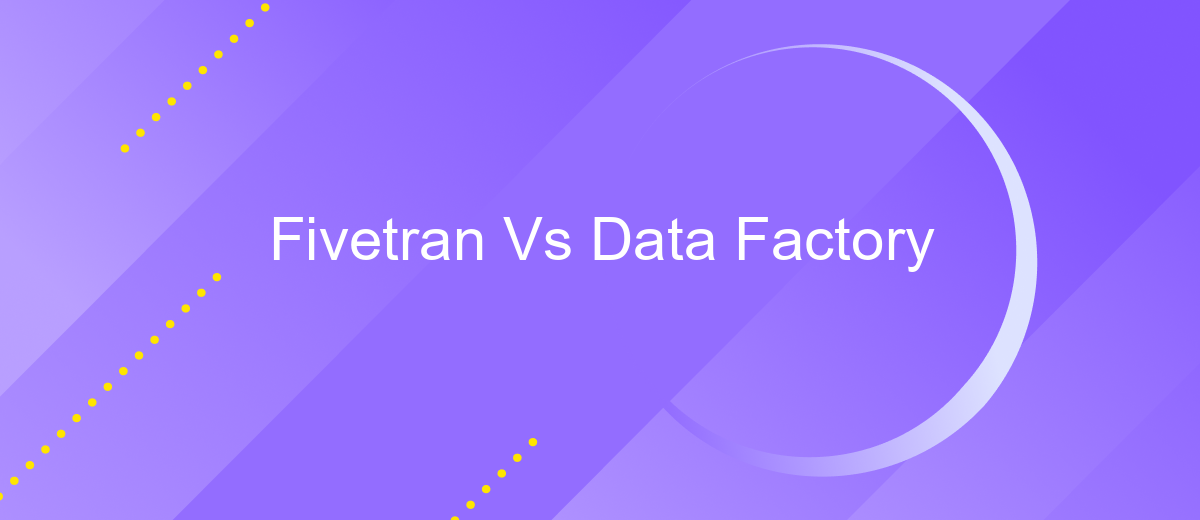Fivetran Vs Data Factory
In the ever-evolving landscape of data integration, choosing the right tool is crucial for efficient data management and analytics. This article delves into a comparative analysis of Fivetran and Azure Data Factory, two leading solutions in the market. We will explore their features, benefits, and limitations to help you make an informed decision tailored to your specific business needs.
Introduction
In today's data-driven world, the ability to seamlessly integrate and manage data from various sources is crucial for businesses. Two prominent tools in this domain are Fivetran and Azure Data Factory. Both platforms offer robust solutions for data integration, but they cater to different needs and use cases.
- Fivetran: Known for its fully managed data pipelines, Fivetran automates data integration with minimal setup and maintenance.
- Azure Data Factory: A comprehensive data integration service by Microsoft, it provides extensive customization options and supports complex workflows.
- ApiX-Drive: A versatile integration service that simplifies the process of connecting various applications and automating workflows, complementing both Fivetran and Data Factory.
Choosing between these tools depends on various factors such as the complexity of your data workflows, the need for customization, and the level of automation required. This article will delve deeper into the features, strengths, and limitations of Fivetran and Azure Data Factory to help you make an informed decision.
Data Integration

Data integration is a critical aspect of modern data management, enabling businesses to consolidate information from various sources into a unified view. Fivetran and Data Factory both offer robust solutions for seamless data integration, but they cater to different needs and use cases. Fivetran focuses on automated data pipelines, providing pre-built connectors that require minimal configuration. This makes it ideal for businesses looking to quickly set up data flows without extensive manual intervention.
On the other hand, Data Factory, a Microsoft Azure service, offers a more comprehensive suite of tools for complex data integration scenarios. It supports a wide range of data sources and provides advanced data transformation capabilities. Additionally, services like ApiX-Drive can further enhance your data integration strategy by offering easy-to-use, no-code solutions for connecting various applications and automating workflows. By leveraging these tools, businesses can ensure that their data integration processes are efficient, scalable, and aligned with their specific requirements.
Data Transformation

Data transformation is a critical aspect of any data integration process, ensuring that raw data is converted into a usable format for analysis and reporting. Fivetran and Data Factory offer robust solutions for data transformation, each with its own unique set of features and capabilities.
- Fivetran: Fivetran provides automated data transformation capabilities, leveraging SQL-based transformations that can be managed through its user-friendly interface. This allows for seamless integration with various data warehouses.
- Data Factory: Azure Data Factory offers a more customizable approach to data transformation, utilizing data flow activities and mapping data flows. It supports a wide range of data transformation activities, from simple data mapping to complex data wrangling.
Choosing between Fivetran and Data Factory depends on your specific needs. Fivetran excels in simplicity and automation, making it ideal for users who prefer a hands-off approach. On the other hand, Data Factory provides more flexibility and control, suitable for complex transformation requirements. Additionally, services like ApiX-Drive can complement these tools by offering seamless integration capabilities, further enhancing your data transformation workflows.
Data Warehousing

Data warehousing is a critical component of modern data management strategies. It involves the collection, storage, and management of large volumes of data from various sources in a centralized repository. This enables organizations to perform complex queries and analysis, driving informed decision-making and business intelligence.
In the context of Fivetran and Data Factory, both platforms offer robust data warehousing capabilities. Fivetran provides automated data integration, ensuring that data from diverse sources is seamlessly loaded into your warehouse. On the other hand, Data Factory offers a comprehensive suite of data integration services, allowing for more customized and complex data workflows.
- Fivetran: Automated data connectors for seamless data integration.
- Data Factory: Comprehensive ETL and data orchestration services.
- ApiX-Drive: Facilitates integration setup with various data sources.
Choosing between Fivetran and Data Factory depends on your specific needs. If you require a straightforward, automated solution, Fivetran might be the better choice. However, if your organization needs more control and customization in data workflows, Data Factory could be more suitable. Additionally, services like ApiX-Drive can further streamline the integration process, enhancing the efficiency of your data warehousing strategy.
Pricing and Support
When it comes to pricing, Fivetran offers a consumption-based model, where you pay for the amount of data you synchronize. This can be cost-effective for smaller organizations but may become expensive as data volumes grow. On the other hand, Azure Data Factory typically uses a pay-as-you-go model based on pipeline activities and data movement, which can provide more predictable costs for large-scale data operations.
In terms of support, Fivetran provides comprehensive customer support, including a knowledge base, email support, and a dedicated customer success team. Azure Data Factory also offers robust support options through Microsoft's extensive support network, including documentation, forums, and direct support plans. For those looking to simplify integration setups, services like ApiX-Drive can be invaluable, offering user-friendly tools to streamline the integration process between different platforms, ensuring a smooth and efficient data flow.
- Automate the work of an online store or landing
- Empower through integration
- Don't spend money on programmers and integrators
- Save time by automating routine tasks
FAQ
What is the primary difference between Fivetran and Data Factory?
Which service is better for non-technical users?
Can both Fivetran and Data Factory handle real-time data integration?
How do Fivetran and Data Factory handle data transformation?
Are there any alternatives for automating and setting up data integrations?
Apix-Drive will help optimize business processes, save you from a lot of routine tasks and unnecessary costs for automation, attracting additional specialists. Try setting up a free test connection with ApiX-Drive and see for yourself. Now you have to think about where to invest the freed time and money!


